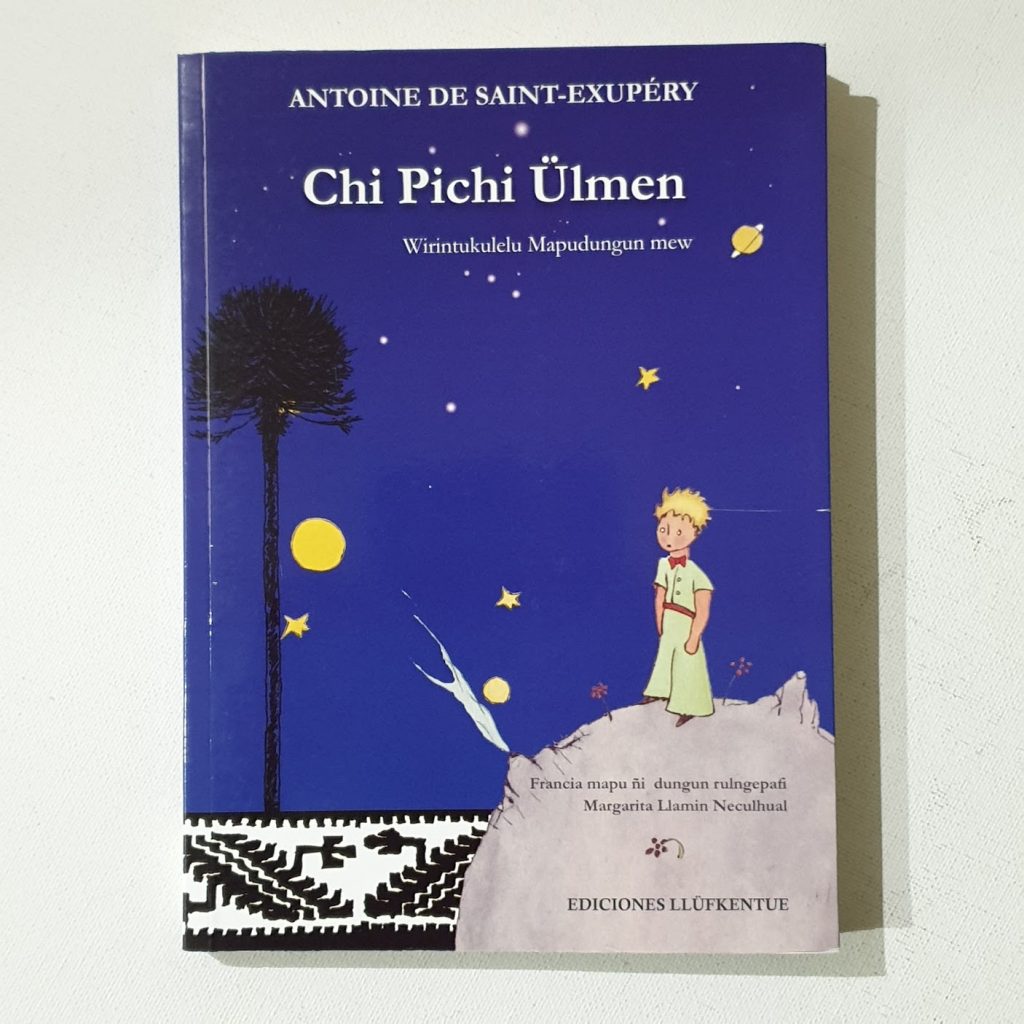
Chi Pichi Ülmen — in Mapuche or Mapudungun.
Mapuche is an indigenous language spoken by the Mapuche people in southern Chile and Argentina. There are approximately 144,000 native speakers in Chile and another 8,400 in west central Argentina. It is a member of the Mapudungun language family, which also includes the Huilliche language spoken in southern Chile.
Mapudungun has a long history of oral tradition, with a rich body of mythology, poetry, and song. The language was not widely used for written communication until the arrival of the Spanish in the 16th century, when it was used to create catechisms and other religious texts. There is an ongoing political debate over which alphabet to use as the standard alphabet of written Mapudungun.
Mapudungun is a polysynthetic language, which means that words are formed by adding prefixes, suffixes, and other affixes to a root form to indicate tense, aspect, mood, and other grammatical features. The language also has a rich system of noun and verb declension, which means that words are inflected to indicate gender, number, and case.
The Mapuche people have a long history of resistance against Spanish and later Chilean and Argentinean rule, and the language has played an important role in the preservation of their cultural identity. It is not an official language of Chile or Argentina and has received virtually no government support throughout its history. It is not used as a language of instruction in either country’s educational system despite the Chilean government’s commitment to provide full access to education in Mapuche areas in southern Chile.


